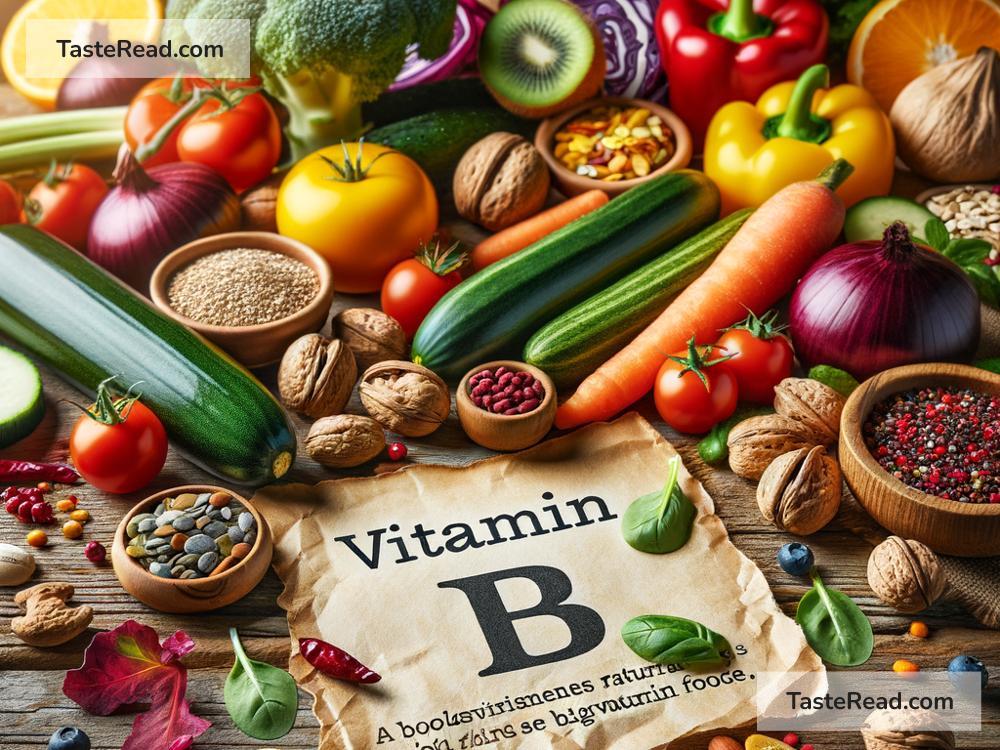The Role of Vitamin B38 in Metabolic Health
When it comes to keeping our bodies functioning smoothly, vitamins play a huge role. One vitamin that has recently caught the attention of health enthusiasts is “Vitamin B38.” While many people have heard of vitamins like B6 or B12, Vitamin B38 might sound new or unfamiliar. Interestingly, this term often causes confusion because there isn’t officially a Vitamin B38 recognized in standard science. Instead, it may refer to compounds that support metabolic health within the broader family of B vitamins.
In this blog, we’ll discuss the role of B vitamins (particularly those commonly labeled as Vitamin B38 or similar compounds) in supporting our metabolic health. We’ll also explore how these nutrients help keep us energized and healthy.
What Is Vitamin B38?
Before diving into its benefits, let’s clarify what Vitamin B38 means. There is no officially recognized “Vitamin B38” in scientific literature. Sometimes, people use the term informally to refer to certain lesser-known compounds or a blend of B vitamins that promote metabolic processes. Most likely, it represents a misunderstanding or unofficial grouping rather than a distinct vitamin.
Since B vitamins work closely together, it’s important to focus on their overall functions rather than fixating on this label. Popular B vitamins include B1 (thiamine), B2 (riboflavin), B3 (niacin), B6, B12, and others such as folate and biotin.
The Role of B Vitamins in Energy Production
One of the main jobs of B vitamins is managing energy in our bodies. Every day, we eat food to fuel ourselves. But that food doesn’t instantly turn into energy — our bodies need to break it down first. This process is called “metabolism.” B vitamins act like helpers or tools that make metabolism happen smoothly.
For example:
– Vitamin B1 (Thiamine) helps break down carbohydrates into usable energy.
– Vitamin B2 (Riboflavin) and Vitamin B3 (Niacin) help with fat and protein metabolism.
– Vitamin B6 is essential for amino acid metabolism, which supports healthy muscles and hormones.
– Vitamin B12 and Folate play key roles in forming red blood cells, which deliver oxygen across your body to generate energy.
If you’re not getting enough B vitamins, your body may struggle to convert food into energy, leaving you feeling tired and sluggish.
Supporting Metabolic Health
Metabolic health is all about how efficiently your body creates and uses energy, manages nutrients, and processes waste. Poor metabolic health can lead to issues like obesity, diabetes, and heart disease. B vitamins, often referred to as metabolic supporters, are involved in the key processes that keep your metabolism running smoothly.
Here’s how B vitamins help:
1. Helping Enzymes Work Effectively: Your body contains enzymes — tiny proteins that speed up chemical reactions. Many of these enzymes rely on B vitamins to function. Without them, your metabolism slows down, leading to fatigue or even health problems.
-
Regulating Blood Sugar: B vitamins are involved in managing blood sugar levels. For example, Vitamin B1 supports glucose metabolism, helping ensure balanced energy throughout the day.
-
Breaking Down Fats and Proteins: Vitamins like B3 and B6 are essential for processing fats and proteins. If your digestive system isn’t supported by sufficient B vitamins, you might struggle to maintain a healthy weight.
-
Hormone Regulation: Hormones influence metabolism, and some B vitamins (like B6) play a critical role in producing and balancing hormones that regulate hunger, stress, and energy.
The Importance of a Balanced Diet
To ensure you’re getting enough B vitamins, focus on eating a well-rounded diet. Since your body doesn’t produce B vitamins on its own, you must get them from food or supplements.
Good sources of B vitamins include:
– Whole grains (brown rice, oats, etc.)
– Leafy green vegetables (spinach, kale)
– Eggs and dairy products
– Meat and fish (especially salmon, liver, and poultry)
– Nuts, seeds, and legumes
If you follow a vegetarian or vegan diet, you might need to pay extra attention to getting enough Vitamin B12, which is primarily found in animal-based foods.
Signs You Might Need More B Vitamins
Low levels of B vitamins can cause several warning signs, such as:
– Feeling tired all the time
– Difficulty concentrating
– Weak muscles or tingling sensations
– Digestive issues
– Mood swings or feeling down without a clear reason
If you suspect a vitamin deficiency, it’s always a good idea to talk to a doctor.
Can Supplements Help?
If you struggle to get enough B vitamins from food alone, supplements can be helpful. Many multivitamins include all eight B vitamins, sometimes marketed as a “B-complex.” However, be cautious when taking high doses without expert advice — too much can lead to side effects.
A balance of vitamins is key, and supplements should never replace a healthy diet.
The Takeaway
While “Vitamin B38” isn’t officially recognized, the idea ties into the important role B vitamins play in supporting your metabolism. Together, these nutrients help your body produce energy, process nutrients, regulate hormones, and maintain overall metabolic health.
By eating a balanced diet rich in B vitamins, you’ll feel more energized and better equipped to stay healthy in the long run. Always consult with healthcare professionals if you’re considering supplements or are worried about deficiencies. Your body will thank you for taking care of its metabolic needs!


